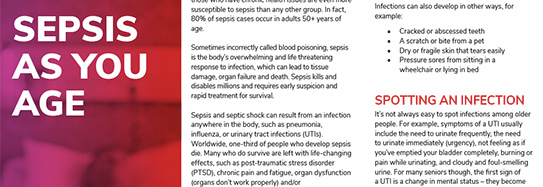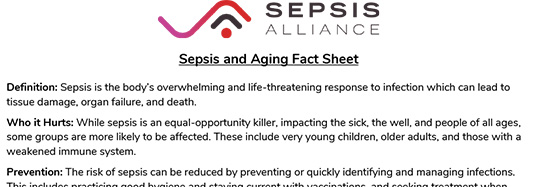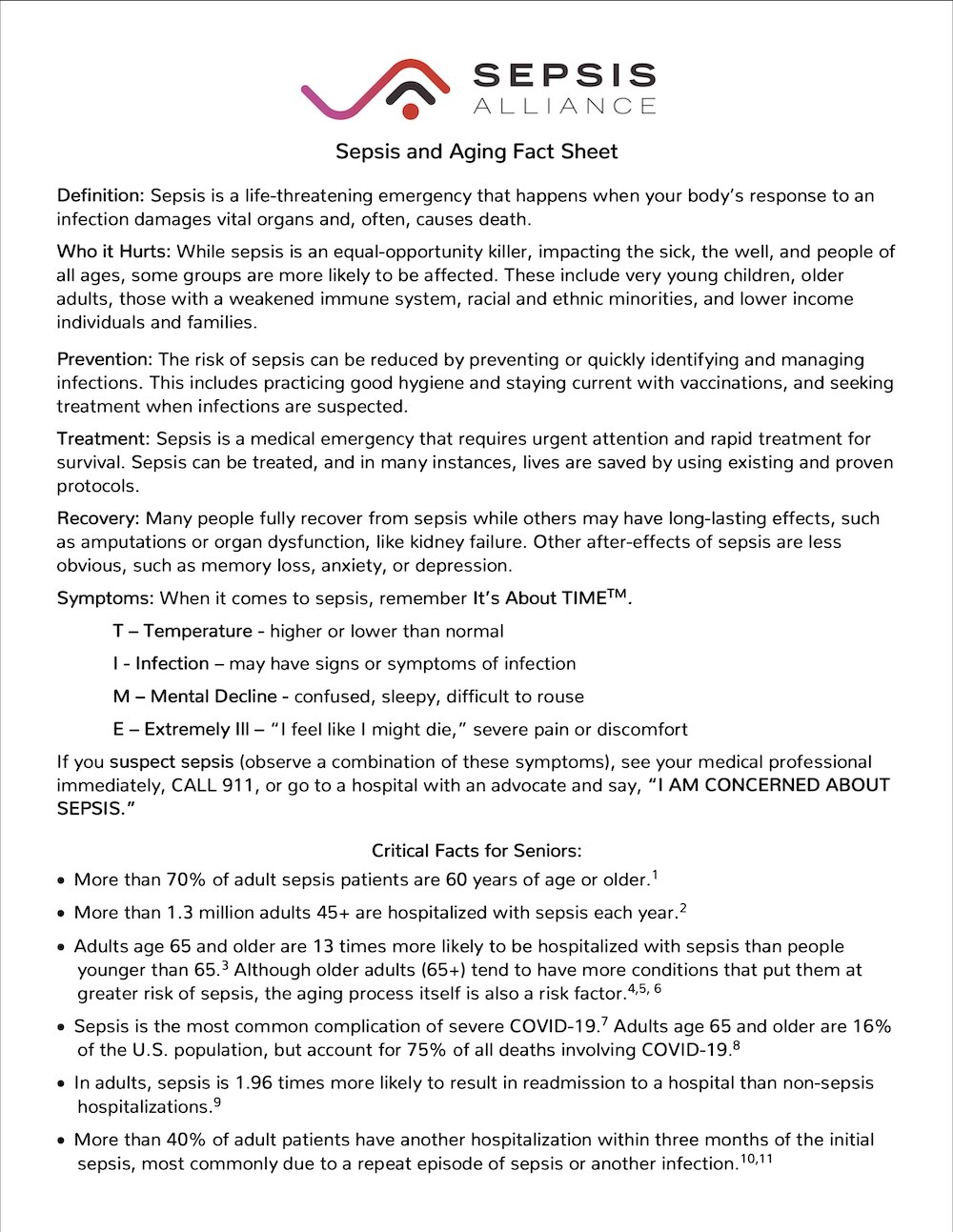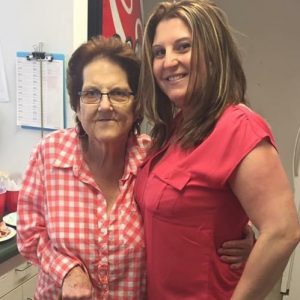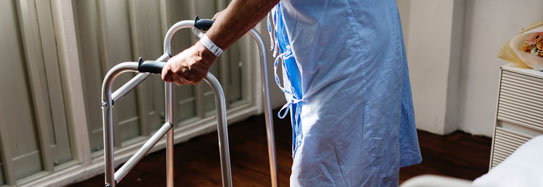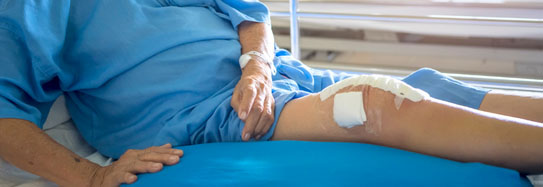Sepsis can and does affect people of all ages. The very young (infants) and those who already have a chronic health problem or a compromised immune system are at higher risk of developing sepsis. But people who are aging, over 65 years old, particularly those who have health issues, are even more susceptible to sepsis than any other group. Adults age 65 years and older are 13 times more likely to be hospitalized with sepsis than adults younger than 65 and 63% of older adults 60 years and older are admitted to the ICU present with sepsis upon admission. Like strokes or heart attacks, sepsis is a medical emergency that requires rapid diagnosis and treatment.
Other findings specific to older adults include:
- In older adults, sepsis is 1.96 times more likely to result in readmission to a hospital than non-sepsis hospitalizations.
- More than 40% of older patients have another hospitalization within three months of the initial sepsis, most commonly due to a repeat episode of sepsis or another infection.
- Nursing home residents are over 6 times more likely to present with sepsis in the emergency room than non-nursing home residents. Sepsis and Long-Term Care explains some of the issues that can increase sepsis risk.
- There is a 3-fold increase in prevalence of moderate-to-severe cognitive impairment after hospitalization and a high prevalence of mental health problems, such as depression and anxiety after sepsis.
Sepsis, which was often called blood poisoning, is the body’s life-threatening response to infection. Like strokes or heart attacks, sepsis is a medical emergency that requires rapid diagnosis and treatment.
Suggested Citation:
Sepsis Alliance. Sepsis and Aging. 2023. https://www.sepsis.org/sepsisand/aging/
Updated November 13, 2023.

